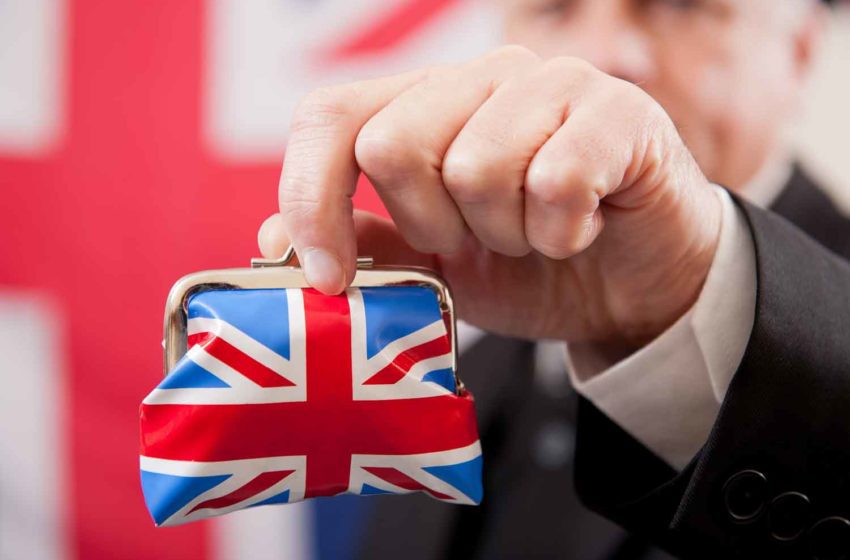Ministers are looking to copy European countries that already have taxes.Read More
Tags :tax
India’s new goods and services tax will benefit cigarette companies, says equity research analyst. Read More
The Philippine Bureau of Internal Revenue (BIR) has started an audit on the tax payments of cigarette manufacturer Mighty Corp., reports ABS-CBN News. BIR personnel have been assigned to Mighty’s manufacturing facilities to ensure Read More


